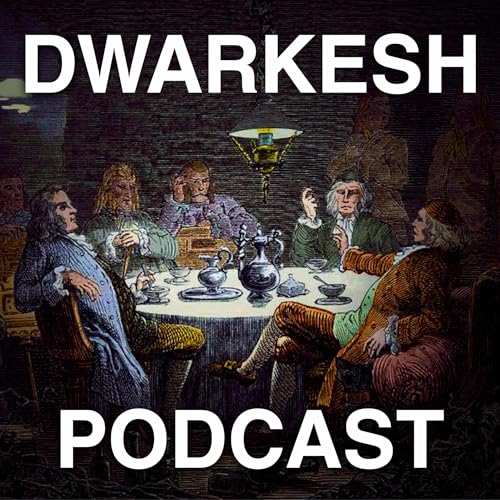Nick Lane has some pretty wild ideas about the evolution of life.
He thinks early life was continuous with the spontaneous chemistry of undersea hydrothermal vents.
Nick’s story may be wrong, but I find it remarkable that with just that starting point, you can explain so much about why life is the way that it is — the things you’re supposed to just take as givens in biology class:
* Why are there two sexes? Why sex at all?
* Why are bacteria so simple despite being around for 4 billion years? Why is there so much shared structure between all eukaryotic cells despite the enormous morphological variety between animals, plants, fungi, and protists?
* Why did the endosymbiosis event that led to eukaryotes happen only once, and in the particular way that it did?
* Why is all life powered by proton gradients? Why does all life on Earth share not only the Krebs Cycle, but even the intermediate molecules like Acetyl-CoA?
His theory implies that early life is almost chemically inevitable (potentially blooming on hundreds of millions of planets in the Milky Way alone), and that the real bottleneck is the complex eukaryotic cell.
Watch on YouTube; listen on Apple Podcasts or Spotify.
Sponsors
* Gemini in Sheets lets you turn messy text into structured data. We used it to classify all our episodes by type and topic, no manual tagging required. If you’re a Google Workspace user, you can get started today at docs.google.com/spreadsheets/
* Labelbox has a massive network of domain experts (called Alignerrs) who help train AI models in a way that ensures they understand the world deeply, not superficially. These Alignerrs are true experts — one even tutored me in chemistry as I prepped for this episode. Learn more at labelbox.com/dwarkesh
* Lighthouse helps frontier technology companies like Cursor and Physical Intelligence navigate the U.S. immigration system and hire top talent from around the world. Lighthouse handles everything, maximizing the probability of visa approval while minimizing the work you have to do. Learn more at lighthousehq.com/employers
To sponsor a future episode, visit dwarkesh.com/advertise.
Timestamps
(00:00:00) – The singularity that unlocked complex life
(00:08:26) – Early life continuous with Earth's geochemistry
(00:23:36) – Eukaryotes are the great filter for intelligent life
(00:42:16) – Mitochondria are the reason we have sex
(01:08:12) – Are bioelectric fields linked to consciousness?
Ref: 868329
Get full access to Dwarkesh Podcast at www.dwarkesh.com/subscribe
 Dec 19 20251 h y 55 m
Dec 19 20251 h y 55 m 1 h y 36 m
1 h y 36 m 1 h y 28 m
1 h y 28 m Oct 31 20251 h y 31 m
Oct 31 20251 h y 31 m Oct 17 20252 h y 25 m
Oct 17 20252 h y 25 m 1 h y 20 m
1 h y 20 m Oct 4 202512 m
Oct 4 202512 m 1 h y 6 m
1 h y 6 m
